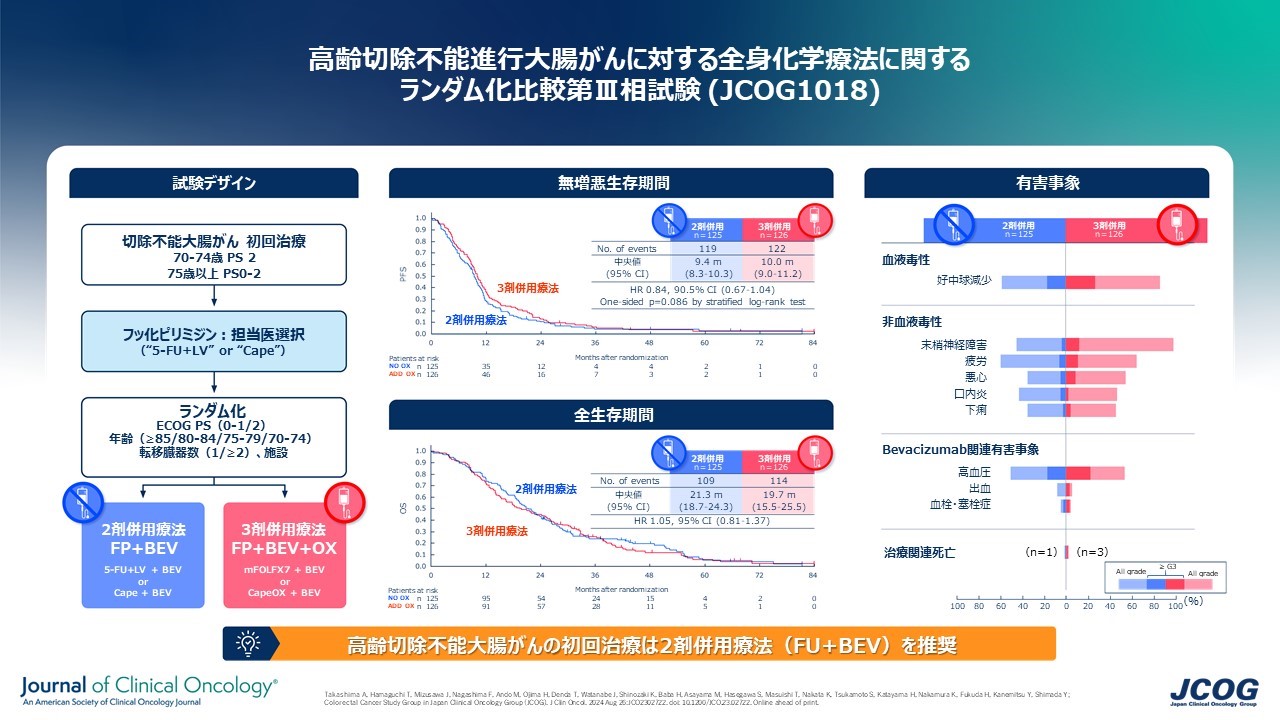2024-09-18 バーミンガム大学
<関連情報>
- https://www.birmingham.ac.uk/news/2024/how-can-new-non-antibiotic-therapeutic-approaches-and-ai-help-us-tackle-antimicrobial-resistance
- https://www.thelancet.com/journals/lanmic/article/PIIS2666-5247(24)00200-3/fulltext
抗菌薬耐性:簡潔な最新情報 Antimicrobial resistance: a concise update
Charlotte S Ho, BMBS∙ Carlos T H Wong, BMBS∙ Thet Tun Aung, MD PhD∙ Rajamani Lakshminarayanan, PhD∙ Prof Jodhbir S Mehta, PhD∙ Prof Saaeha Rauz, PhD∙ et al.
Lancet Microbe Published: September 18, 2024
DOI:https://doi.org/10.1016/j.lanmic.2024.07.010

Summary
Antimicrobial resistance (AMR) is a serious threat to global public health, with approximately 5 million deaths associated with bacterial AMR in 2019. Tackling AMR requires a multifaceted and cohesive approach that ranges from increased understanding of mechanisms and drivers at the individual and population levels, AMR surveillance, antimicrobial stewardship, improved infection prevention and control measures, and strengthened global policies and funding to development of novel antimicrobial therapeutic strategies. In this rapidly advancing field, this Review provides a concise update on AMR, encompassing epidemiology, evolution, underlying mechanisms (primarily those related to last-line or newer generation of antibiotics), infection prevention and control measures, access to antibiotics, antimicrobial stewardship, AMR surveillance, and emerging non-antibiotic therapeutic approaches. The Review also discusses the potential roles of artificial intelligence in addressing AMR, including antimicrobial susceptibility testing, AMR surveillance, antimicrobial stewardship, diagnosis, and antimicrobial drug discovery and development. This Review highlights the urgent need for addressing the global effects of AMR and for rapid advancement of relevant technology in this dynamic field.

